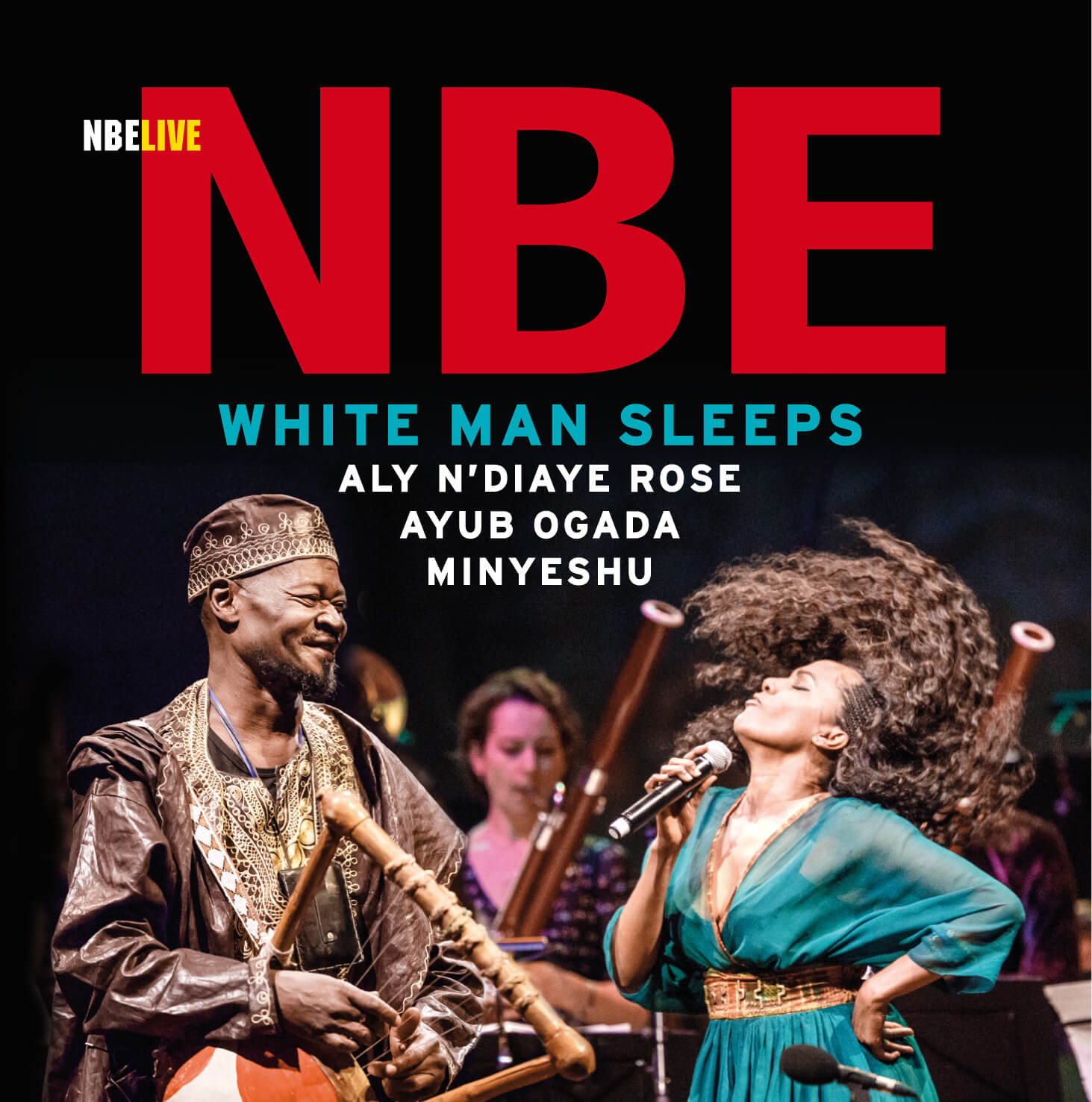Description
Ayub Ogada nyatiti, vocals
Minyeshu Kifle Tedla vocals
Aly N’Diaye Rose percussion
‘One day you sleep on this side, the next you sleep on the other’, says a West Kenyan Luo proverb. In other words: there are two sides to everything. The Luo singer Ayub Ogada, one of the African guest musicians in this Netherlands Wind Ensemble programme, regards Africa and Europe, alternately, as the place where he lays his head. ‘Kenya is not my country,’ he says in an interview for the British label Real World Records. ‘My country is Africa. And if I look at it properly, my country is the world.’
Ogada deplores the arbitrary way in which national boundaries were drawn, and how these borders divide groups of people into separate national reservations. Many of Africa’s borders in particular betray far-reaching tragedies: they decimated cultures, languages and religions, with the none-toosurprising consequences. The ‘real’ Africa only emerges when we consider not the political but the lingual map. In total, there are some 2000 radically distinct languages (not dialects) in use across the continent, most of them spoken by small communities of perhaps 50,000 individuals. Ayub Ogada’s Kenya is home to 69 languages; the Ethiopia of singer Minyeshu has 89; master percussionist Aly N’Diaye Rose’s Senegal has 36; and South Africa, the composer Kevin Volans’ fatherland, 31. An African singer, therefore, must have a command of five or six local languages if he wants to be heard – literally – by a wider audience. It goes without saying that every language has a musical equivalent. So it follows that NBE’s African guests are well versed in the diverse musical styles of their own region, even if some might have a particular specialty. For Ogada, that is the lyre-like nyatiti, played by the Luo people for spiritually- tined paeans. Aly N’Diaye Rose, born in Dakar into a family of griots (troubadours), learned a multitude of percussion languages to accompany his father. The Ethiopian Minyeshu is perhaps the most ‘omnivorous’ of the three: she joined the National Theatre in Addis Ababa at the age of seventeen, where she developed her artistic talents in a variety of genres as a singer and dancer. The odd man out is the South African composer Kevin Volans. ‘Odd’, because he notates his music in a western-style musical score. And odd too, because much of his music is inspired by African tribal music.
His five-movement string quartet White Man Sleeps dates from 1986 and garnered worldwide attention thanks to the Kronos Quartet; Willem van Merwijk made the present arrangement for the Netherlands Wind Ensemble. Volans: ‘It was a bit like introducing of Western contemporary music. Thus I concentrated on the collective, anti-hierarchic nature of traditional African music, the interlocking techniques, shifting downbeats, the largely non-functional harmony, the open forms, the extremely fast tempi of some music, the non-developmental use of repetition, contrasting and irregular patterning, the tone colour, and the energy and the joy (so absent in Western music of the 70s and 80s).’
White Man Sleeps unleashed a tempest of criticism in still-segregated South Africa. ‘Black music is for black people’ was the apartheid-infected reaction. But Volans held his ground: ‘One cannot create a new multicultural society without a great deal of borrowing, lending and sharing.’ Now that white South Africans have awoken from the delusion of apartheid, Volans considers his ‘musical resistance’ as a closed chapter and has shifted his gaze to new musical horizons. And Ayub Ogada? On which side is he sleeping these days? Today, once again, Ayub sleeps in Africa. He has replaced his childhood dream of becoming an astronaut to escape the tormented planet with one of nurturing it. ‘We must gain our power back, and then we can feed this planet. Africans are waking up. We are at the bottom of a pile. That’s the best place to be, because the only way you can go is up.’
© Saskia Törnqvist


